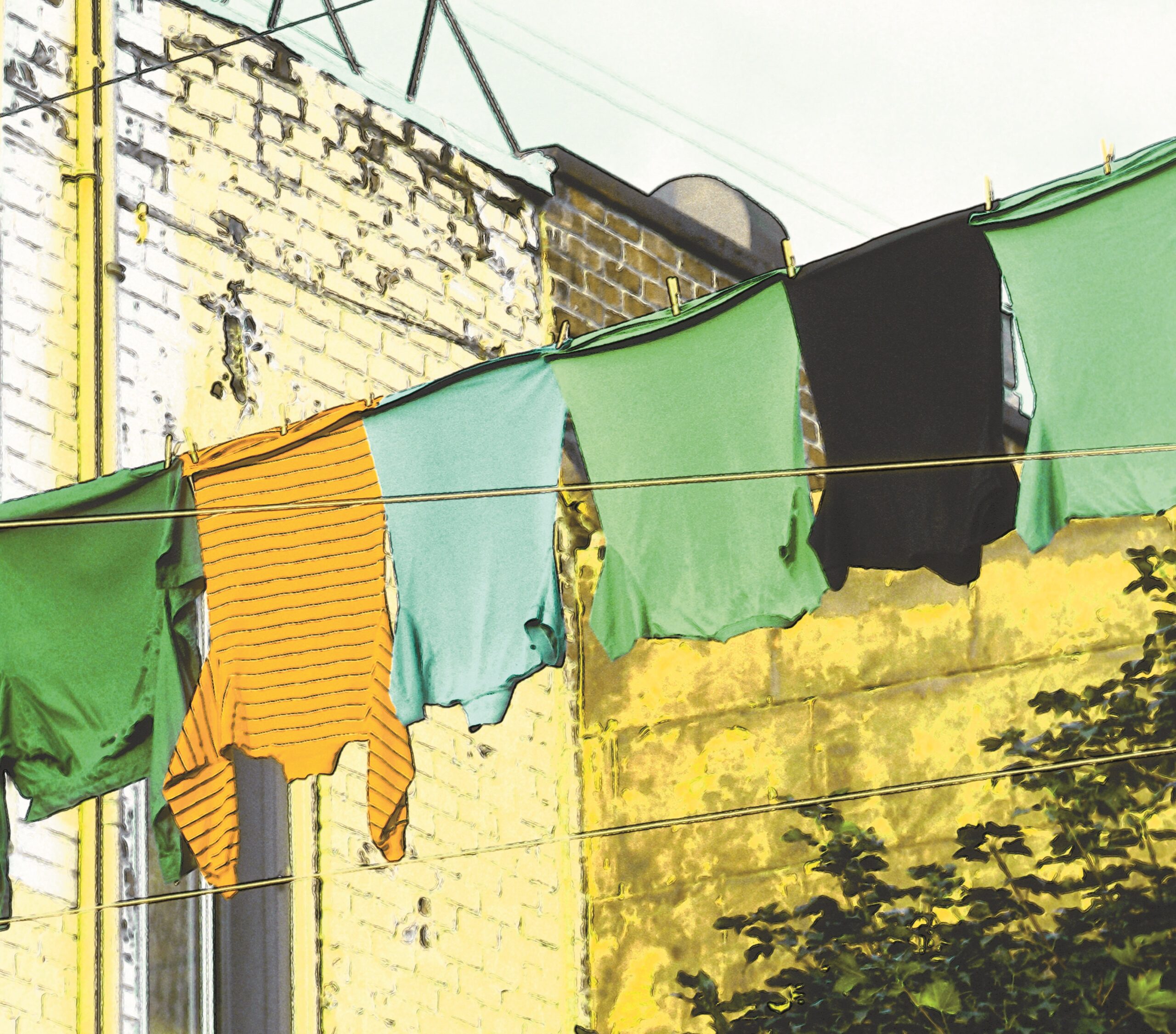If carbon emissions, chemical spills, and non-point water pollution are weighing heavy on your mind, a new report from Cambridge University has a bit more bad news. That simple, white cotton t-shirt is a problem. Listen up guys! Over the lifetime of the garment, a polyester blouse uses less energy than your t-shirt.
While people have become increasingly environmentally conscious, fluorescent bulbs are lighting homes and offices across the country, and free-range chickens are on the family dinner table, it remains difficult, and sometimes impossible, to buy an item of clothing in a department store and know whether it is a wise environmental choice.
Another factor contributing to the problem is what the New York Times calls “fast clothes.” These are clothes that are so cheap—about the price of a sandwich—they can be worn once and discarded, only to be replaced by the next shipment of trendy goodies arriving at Target or Old Navy. Disposable clothes have replaced hand-me-downs and, spurred by lower prices, women’s clothing sales, at least in Britain, rose 21 percent from 2001 to 2005.
The Cambridge University report suggested several innovative ideas, such as a clothing library where people could check out a wardrobe for the month and return it for a different one the next month. If that doesn’t catch on, the report provided a lot of good information on the care and upkeep of clothing, which often can determine whether your dress has a high or low environmental rating.
Clothes made from organic cotton are considered “good” because fewer pesticides are used in production. Non-organic cotton on the other hand uses lots of pesticides and fertilizers so that is not so good. In either case, cotton requires more frequent washing than other fabrics because it picks up odors, and it also requires a higher water temperature for thorough cleaning. For those who tumble dry, the drying period for cotton is also longer than for many synthetic fabrics, so more fuel goes into clothing upkeep. Surprisingly, polyester, which got a bad name during the “polyester pantsuit era,” is in fact easier to clean, faster to dry, and therefore more fuel efficient.
The global textile industry must become eco-conscious, the report concludes. Neither manufacturers or customers know what clothing purchases may degrade the environment, whether it occurs during the harvest of cotton or the manufacture of synthetic fibers. The care and upkeep of the fabrics also need to be more broadly understood.
Eco-clothes are not a thing of the future. They are happening right now and some of the world’s largest and most respected retailers, such as Britain’s Marks & Spencer, believe their customers will adjust their buying habits just as they have already done with other consumer products that claim to be environmentally friendly.



